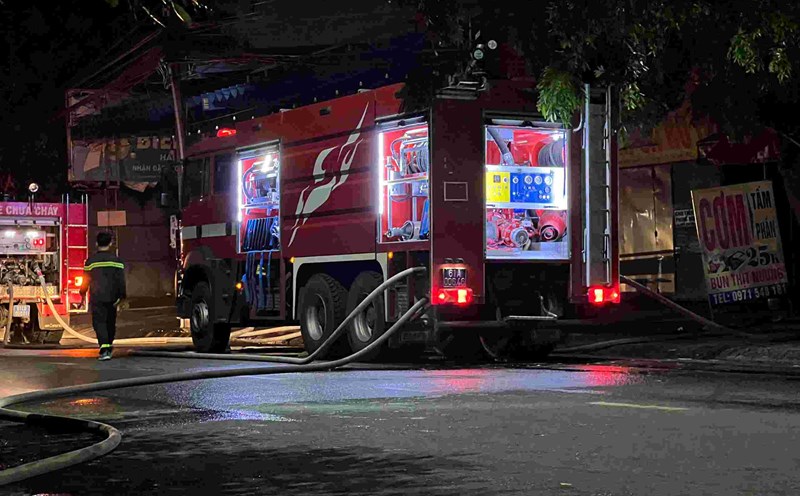Today, June 7, the domestic coffee market recorded a significant decrease compared to June 5. According to a survey from a page specializing in agricultural products, coffee prices in the Central Highlands range from 113,500 to 114,000 VND/kg.
In Dak Lak, the price reached 114,000 VND/kg, down 1,700 VND/kg compared to 5.6. Dak Nong recorded the price of VND 114,000/kg, down VND 1,700/kg, while Gia Lai was VND 113,800/kg, down VND 1,800/kg, and Lam Dong was the lowest with VND 113,500/kg, down 1,700 VND/kg.
Compared to the beginning of 2025 (1.1), domestic coffee prices decreased from an average of VND 130,000/kg, equivalent to a decrease of VND 16,100/kg.
In the same period last year (June 7, 2024), coffee prices reached VND 110,000/kg, showing that the current price is still higher than VND 3,900/kg.
In the international market, coffee prices still maintained a strong decline, reflecting the cautious sentiment of investors.
On the London Stock Exchange, Robusta coffee futures for delivery in July 2025 decreased by 153 USD/ton compared to June 5, to 4,091 USD/ton; the September 2025 futures decreased by 228 USD/ton, reaching 3,857 USD/ton.
On the New York Stock Exchange, Arabica coffee futures for delivery in July 2025 decreased by 4.50 USD/ton compared to June 5, to 309.55 USD/ton; the September 2025 futures decreased by 4.50 USD/ton, to 308.50 USD/ton.
Compared to the beginning of 2025 (1.1), Robusta prices used to be at 4,950 USD/ton, down 859 USD/ton to date. Arabica prices also decreased from 380.00 USD/ton, equivalent to a decrease of 70.45 USD/ton.
Compared to the same period last year (June 7, 2024), Robusta prices reached 4,200 USD/ton, currently higher at 109 USD/ton, while Arabica was at 320.00 USD/ton, currently higher at 10.45 USD/ton.
Domestic coffee prices fell sharply today, under pressure from abundant supply and a downward trend of both Robusta and Arabica in the international market.
Growers should closely monitor price developments to choose the time to sell, and pay attention to transportation costs when fuel prices have not cooled down.
In the short term, coffee prices may continue to be under pressure if global supply does not have any sudden changes.











